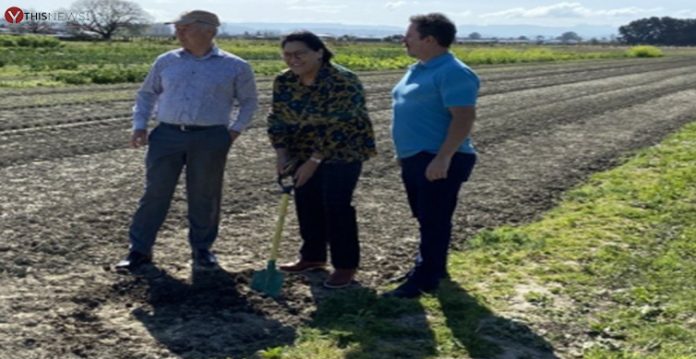The New Zealand government on Monday released a National Policy Statement for Highly Productive Land, which will “enhance protection for the most productive land, providing security for both our domestic food supply and primary exports”.
The National Policy Statement will greatly improve how to protect highly-productive land from inappropriate subdivision, use and development, Environment Minister David Parker said.
“We need to house our people and to feed them too. Our cities and towns need to grow but not at the expense of the land that’s best suited to grow our food,” Xinhua news agency quoted Parker as saying.
Local councils will be required to identify, map and manage highly productive land to ensure it is available for growing vegetables, fruit and other primary production, now and into the future, he said.
ALSO READ: US Aircraft Carrier to Visit South Korean for Combined Drills
Agriculture and Trade Minister Damien O’Connor said highly productive land provides food for New Zealanders, significant economic and employment benefits to communities and underpins the value of New Zealand’s primary sector.
Over the last 20 years, about 35,000 hectares of New Zealand’s highly productive land have been carved up for urban or rural residential development, while 170,000 hectares of this land have been converted into lifestyle blocks, O’Connor said.
“Once land is built on, it can no longer be used to grow food and fiber. That’s why we are moving to protect our most fertile and versatile land,” he said, highlighting some main food production areas in New Zealand including Auckland, Waikato and Canterbury.
(This story has been sourced from a third-party syndicated feed, agencies. Raavi Media accepts no responsibility or liability for the dependability, trustworthiness, reliability, and data of the text. Raavi Media managementythisnews.com reserves the sole right to alter, delete or remove (without notice) the content at its absolute discretion for any reason whatsoever.)


